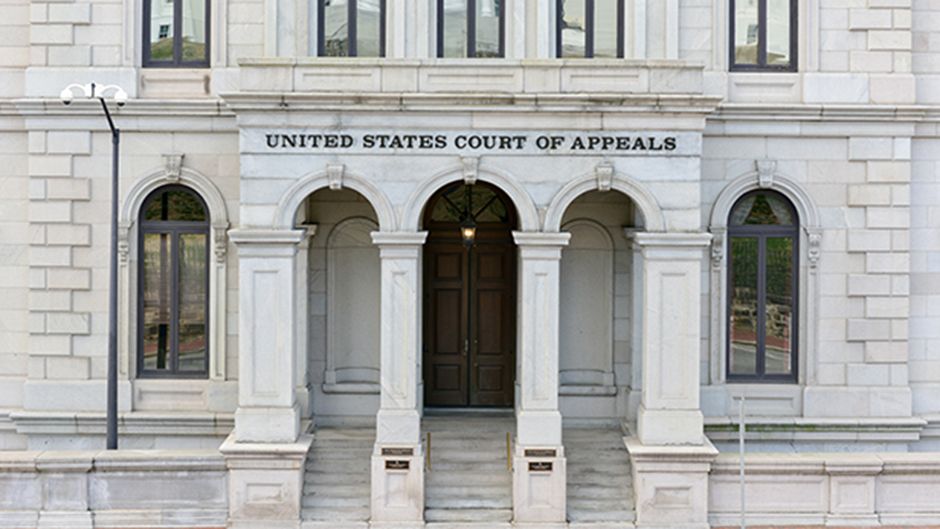By April 2019, Miami Law’s Investor Rights Clinic joined Pace University Elisabeth Haub School of Law Investor Rights Clinic, and St. John's University School of Law Securities Arbitration Clinic with filing an amicus curiae brief on behalf of small claim investors before the United States Court of Appeals for the Fourth Circuit. IRC student intern Kevin J. Warger, who was then a 3L, assisted IRC clinic director Teresa J. Verges on the brief.
When the market dropped precipitously in August 2015, the broker liquidated the investors' portfolios and, by the time the liquidation was over, the investors owed nearly $400,000 to the firm.
The investors sued the firm, Interactive Brokers, in arbitration before the Financial Industry Regulatory Authority Office of Dispute Resolution. FINRA is the self-regulatory organization that oversees U.S. brokerage firms and administers the arbitration of almost all individual claims for investment losses against those firms.
A three-member arbitration panel found for the investors and awarded over $1 million in damages. In reaching this conclusion, the arbitration panel did not specify the cause of action it based its award upon, which is not required under FINRA arbitration rules.
Unhappy with the award, the brokerage firm filed a motion in U.S. district court to set it aside. The district court twice sent back the award, asking the arbitration panel to clarify which one of the nine claims initially asserted by the investors formed the award's basis. The arbitration panel's explanation, which referenced a FINRA rule that governs firms' providing of margin to its customers, did not satisfy the district court, and it ultimately set aside the award. The investors then appealed to the Fourth Circuit Court of Appeals in 2019.
In the brief, the clinics argued that the lower court's decision would harm small claim investors who could not find legal representation because of their claim size. Although law school investor advocacy clinics bridge a crucial gap by providing a resource to individuals who cannot find legal representation to help resolve their disputes with their financial professionals, the resource is not widely available to small claim investors who must proceed pro se in a forum that can be difficult to navigate or understand.
Additionally, the brief contended that investors have never been required to plead a legal cause of action to initiate an arbitration proceeding. Their amicus brief further stressed that customers might allege violations of FINRA conduct rules that govern their members as a basis for a claim, even if these rules do not, in and of themselves, create a private cause of action.
On August 12, 2020, the Fourth Circuit reversed the district court in Interactive Brokers LLC v. Rohit Saroop, et al. Among other things, the Fourth Circuit held that FINRA rules could form the basis of the customer and brokerage firm's contract and the basis of a cause of action “imposing liability based on a contractual obligation to comply with the FINRA rules is, at the very least, an arguable interpretation of the parties' contracts."
"The Fourth Circuit's decision correctly recognized the amount of discretion given arbitration panels, the role of FINRA's conduct rules in forming the basis of a claim and – importantly for small claim investors – upheld the flexible pleading standards provided by FINRA," said Teresa J. Verges, director of the investor rights clinic, who was assisted on the amicus brief by IRC student intern Kevin J. Warger, J.D. ’20.
Although millions of Americans have individual retirement and retail brokerage accounts in the U.S., most are unaware that any potential claim they may have against their financial professional or firm is subject to mandatory arbitration before FINRA.
"Clinics like the IRC at Miami Law can only take so many cases," said Verges, "so we felt it was necessary to weigh in and protect the flexible standards of pleading under FINRA rules."

